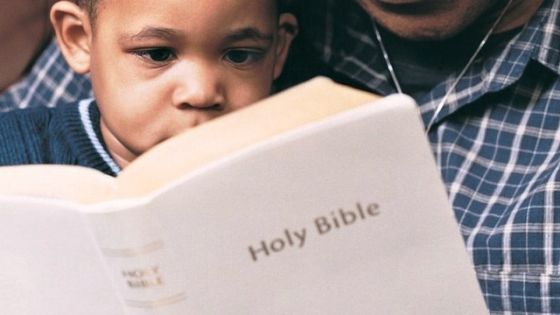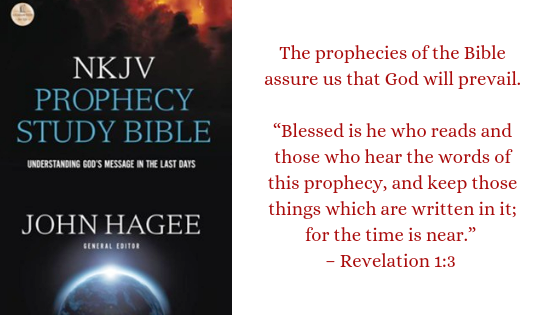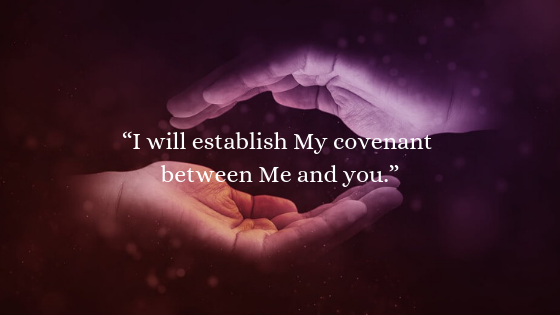Walking Through The Misunderstood Book Of Job
The Book of Job is one of the most profound yet often misunderstood books in the Bible. Many reduce it to a story about suffering and faith, but there’s so much more beneath the surface. Job’s journey isn’t just about enduring hardship—it’s about wrestling with deep questions of justice, faith, and the nature of God. … Read more










